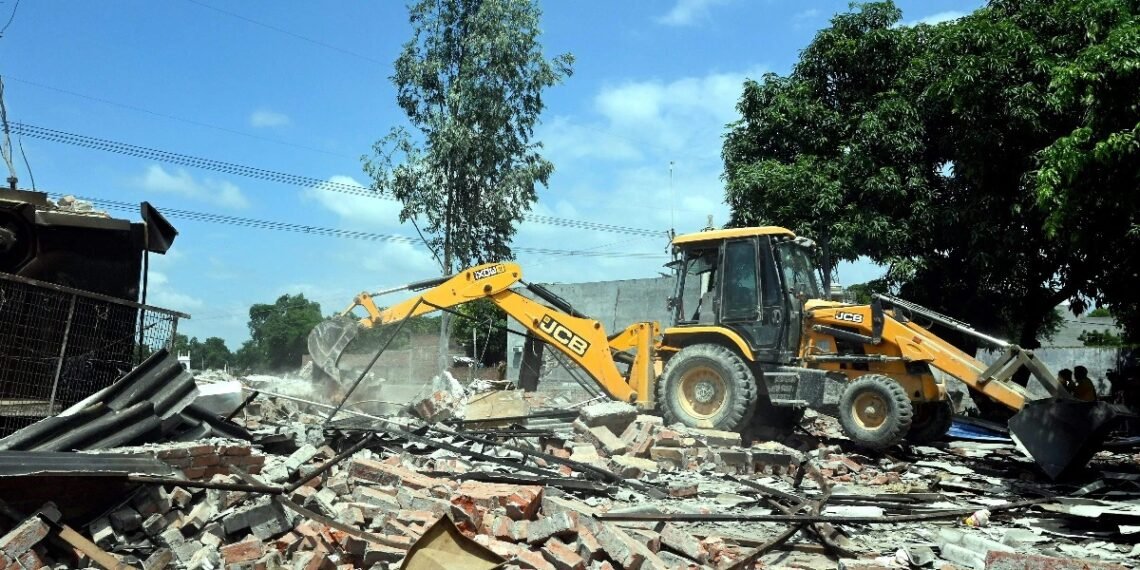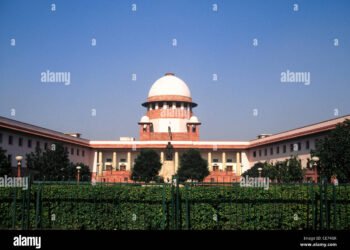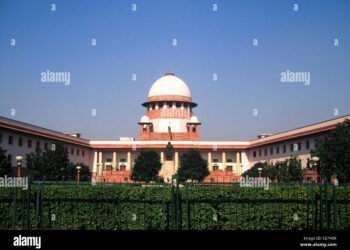The Supreme Court has started reviewing the petitions requesting to halt the “bulldozer” action against the accused individual as a corrective measure. Following the hearing, the Supreme Court will announce its decision regarding the formulation of national guidelines intended to curb the “illegal” destruction of residences and various other properties.
During the hearing, the court stressed that the executive cannot take on the role of adjudication, asserting that the random destruction of a citizen’s residence based solely on accusations breaches constitutional law and the doctrine of separation of powers.
“No one can be deemed guilty without a fair trial,” the Court stated, emphasizing the protections available for everyone, even for the accused or those already convicted.
The Court cautioned that the executive’s excessive reach in these instances undermines fundamental legal principles.
The judgement will be pronnunced by a panel of judges BR Gavai and KV Vishwanathan.
On October 1, the court held its decision following the case hearing. The court further extended its temporary order, directing authorities to halt demolition activities until further notice. The directive omitted unauthorized constructions, such as places of worship on streets and walkways. The court stressed that “public safety” is crucial, and no religious building — be it a temple, dargah, or gurdwara — should obstruct the road.
Also read: Jharkhand assembly elections begin with key tribal seats in focus
During the hearing, the court observed that accusations or convictions of a crime do not grant authorities the authority to initiate bulldozer actions against residences and businesses.
“We are a secular nation… Whatever we establish, we establish for all citizens. A specific law cannot exist for a specific religion. Illegal structures owned by individuals from any community must be removed, regardless of their religion or belief,” stated Justice Gavai.
The court stated that it is concentrating on the wrongful application of city laws.
The court stressed that regulations regarding unauthorized construction must be applied impartially, irrespective of religion or beliefs.












